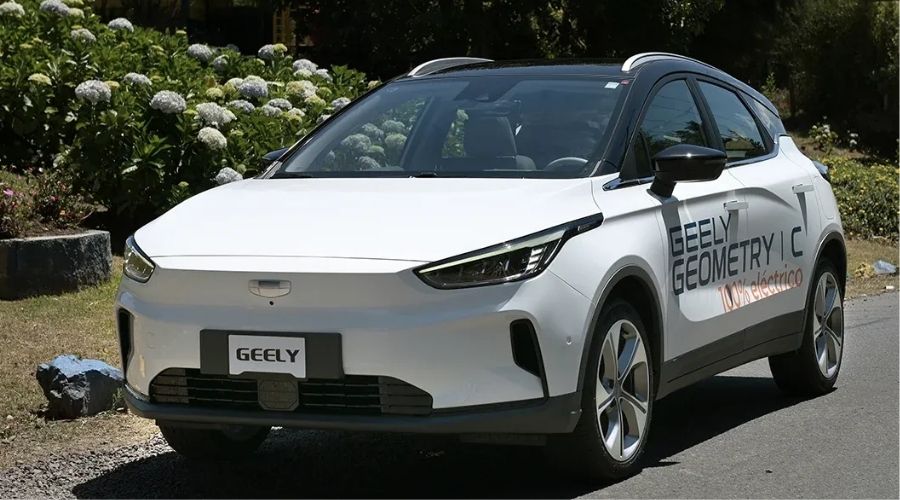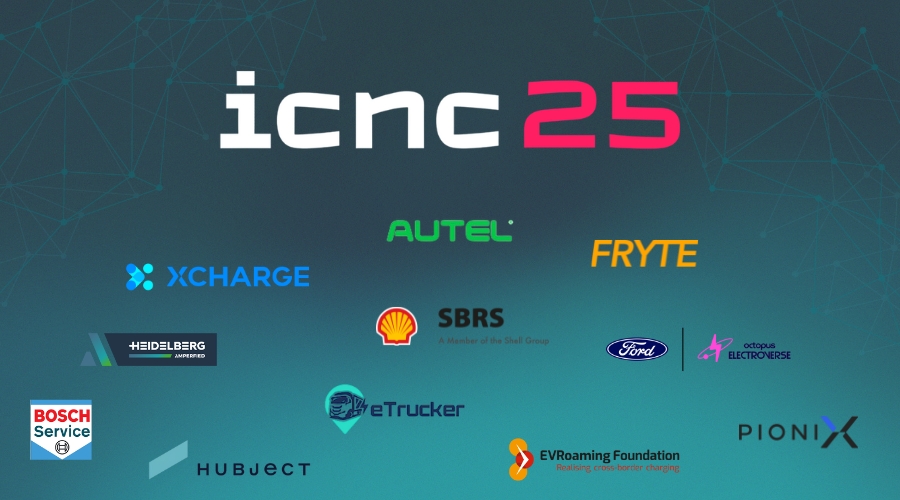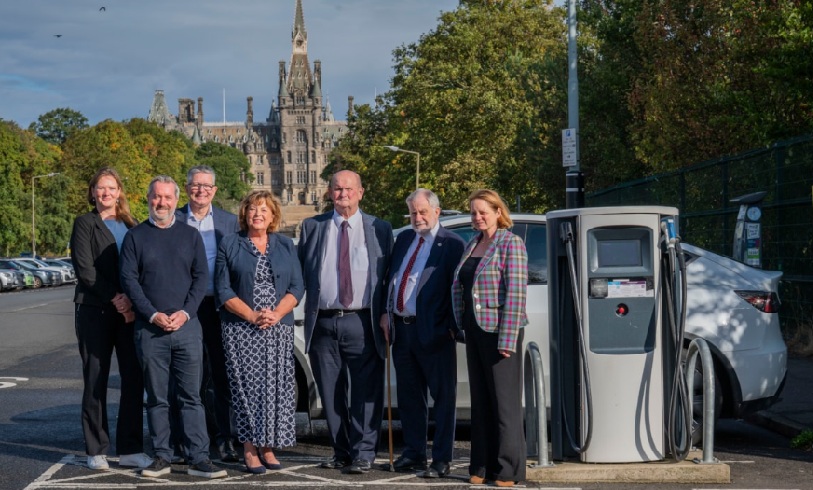From June 2025 onwards, the landscape of electric mobility in Costa Rica will change.
Starting on the 13th, the government will impose a 7.75% increase in the selective consumption tax on electric vehicles, following several years of tax exemptions that helped drive sector growth — a move that is already prompting mixed reactions.
While the government argues that the measure is a “necessary adjustment” to balance public finances, the automotive sector and experts fear this change could slow the growth of the electric vehicle (EV) market, just as the country was beginning to experience a surge in registrations.
An Expected Change… But One That Brings Uncertainty
Juan Sansó, Commercial Manager at Red Motors, told Mobility Portal Latin America that it is still too early to assess the real impact of the new tax on EV demand.
However, he highlights a phenomenon that might offset the immediate effect: stock clearance.
“Many brands took advantage of the 0% tax benefit until the last moment, clearing large quantities of vehicles from storage.”
“This is reflected in the rise in sales in May and June, but in reality, many of those vehicles are not yet sold — they are simply in inventory,” Sansó explained.
Stock Clearance: A Strategy to Avoid the Increase
Costa Rica is expected to record a significant increase in EV sales in May and June, though most of these vehicles will have been “cleared from storage” in an effort to avoid the tax hike.

Although the sector is optimistic about the rise in sales, the immediate future remains uncertain.
Brands have taken advantage of the fiscal benefit, but it remains to be seen whether demand will hold once the cleared vehicles arrive at dealerships and the tax exemptions are no longer in place.
According to market data, electric vehicle registrations in the first months of 2025 have been impressive.
In May, 1,081 electric vehicles were registered, representing a 13.50% increase compared to the same month in 2024.
Furthermore, in April 2025, registrations reached 760 units, up 11.62% from April 2024.
However, Sansó warns that this increase may not reflect genuine demand but rather a temporary market adjustment.
What Do the Numbers Say? The Impact Remains to Be Seen
The tax increase has generated high expectations about how consumers will react in the coming months.
According to sales analysis, Costa Rica showed a positive trend in the first five months of the year, but the figures are still not entirely conclusive.
“Brands have capitalised on stock clearance, but the market still depends on consumer decisions,” Sansó comments.
Sales of luxury vehicles appear to be less affected by the tax increase, as these are models with more stable demand, although the mass-market segment could experience a slowdown.
The Road Ahead: What Does the Future Hold?
Although the tax hike may have been a necessary fiscal move, the automotive sector and consumers will need to adapt.
Costa Rica has taken a significant step in its transition towards electric mobility, but the sector’s sustainability will depend on future public policies.
In this context, experts stress the importance of maintaining incentives for electric vehicle purchases as a means of ensuring the country remains a regional leader in sustainable mobility.
Despite the uncertainty, the sector remains optimistic. “It’s important to give the industry time to see how consumers respond to this new measure,” concludes Sansó, keeping a close watch on market movements.
One thing is certain: the story of electric mobility in Costa Rica is still being written.
The tax increase presents a challenge, but it also offers an opportunity to reflect on the policies needed to continue progressing towards a cleaner and more efficient future.
Will the government implement new measures to counteract the effects of this increase? Time will tell.
DISCOVER MOBILITY PORTAL DATA
Discover Mobility Portal Data, a new exclusive market intelligence platform offering reliable data and key reports to support smart decision-making across the automotive sector — covering both combustion and electric vehicles, as well as charging infrastructure.
Research, trend analysis, and neatly organised statistics presented with clarity and precision, alongside up-to-date insights — all just one click away. With Mobility Portal Data, good decisions are on the horizon.
READ MORE
-
ICNC25: These are the E-Mobility innovations that shaped the event in Germany
With a record attendance of 8,500 industry specialists, the ICNC25 proved to be a key meeting point where e-mobility companies unveiled new products and announced strategic partnerships.
-
Special depreciation scheme for EVs in Germany not restricted to new vehicles only
Although the wording of the law explicitly refers to “newly acquired vehicles”, some comments from politicians and the specialist press had suggested that the depreciation might apply only to brand-new vehicles that have never been registered before.
-
Scottish Government gives £6.3m to 8 councils to boost public charging infrastructure
The funding will support the installation of 1,770 additional public charging points. This is the final award from the Scottish Government’s £30m Electric Vehicle Infrastructure Fund.










